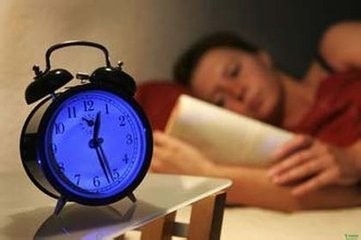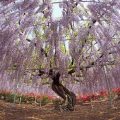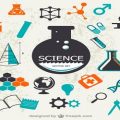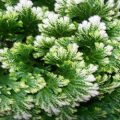PTE考生目前最大的问题之一就是练习题缺乏。除了有限的基本官方书(PLUS,Testbuilder, OG)之外就没有题了。很多英语基础不是很扎实的同学很难找到练习材料。悉尼文波雅思PTE培训学校专门为澳洲,尤其是悉尼、墨尔本的PTE考生准备了适合PTE听力阅读练习的科学60秒。各位PTE同学可以练习PTE听力中的summarise spoken text和PTE口语中的retell lecture,PTE听力口语-科学60秒-Frosty Moss练习记笔记技巧和复述。废话少说,下面开始:
This is Scientific American — 60-Second Science. I’m Christopher Intagliata.
Standing in line at passport control isn’t the most relaxing experience. The officer looks at your passport… at you… back at your passport… back at you. Kind of nerve wracking. But put yourself in their shoes for a second. They’re trying to figure out if your face is actually the same one as that little thumbnail image on the page. Not the easiest task.
“People are often surprised at how poor they are.” David White, a cognitive psychologist at the University of New South Wales in Australia. He’s even tested Australian passport agents at the task. “Their performance was no better than a group of untrained university students.”
In his latest study, White and his colleagues investigated how poor sleep—less than six and a half hours a night—might affect facial recognition. Turns out, bad sleep did lead to more wrong answers on a face–matching task. And study subjects suffering from insomnia, meaning poor sleep plus other symptoms like anxiety, scored badly, too, compared to well–rested subjects.
TrF!Ap)X)^]a]ni%,@
[6APhDV_x;C.4jBIjBut here’s the twist: “When they made errors, people in this insomnia group, they actually had higher levels of confidence.” They were more sure of their wrong answers. The results are in Royal Society Open Science.
To avoid these kinds of errors, White suggests security organizations pay more attention to which employees may be sleeping poorly. “That’s more a sort of everyday occurrence, certainly for new parents or people that may have their sleep disrupted by shift work, which is very common in these security and forensic settings.” And that they screen staffers for signs of insomnia, and consider assigning those officers to different jobs, that don’t involve scrutinizing faces all day. Precautions that may help the rest of us sleep a little easier, too.
Thanks for listening for Scientific American — 60-Second Science Science. I’m Christopher Intagliata.





